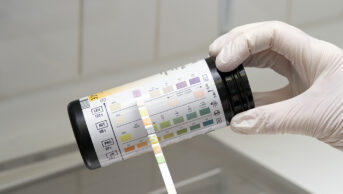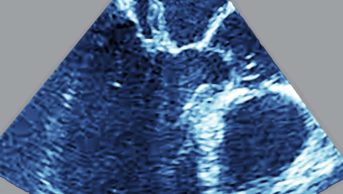
Phanie / Alamy Stock Photo
The clinical and microbiological outcomes of cefiderocol, a new antibiotic, were similar to the best available therapy for patients with life-threatening carbapenem-resistant infections, a phase III study has suggested (12 October 2020)[1]
.
Researchers randomly assigned 152 patients with infections caused by carbapenem-resistant Gram-negative bacteria to either cefiderocol (85% received monotherapy), or best available therapy (61% received combination therapy).
The findings showed that clinical and microbiological outcomes by site of infection or causative pathogen were similar between the two groups.
However, more patients in the cefiderocol group died than in the best available therapy group (34 [34%] of 101 vs 9 [18%] of 49). This difference was mainly noted in patients with pneumonia or bloodstream infections, or sepsis caused by Acinetobacter spp.
The researchers highlighted several possible reasons for this; one of which was that it was a chance finding owing to the low study numbers. In addition, more patients in the cefiderocol group had been in a state of shock or in intensive care at randomisation, indicating a higher baseline mortality risk. The low mortality rate among the best available therapy group also seemed to be an outlier compared with other studies.
“Collectively, the findings from this study support cefiderocol as an option for the treatment of carbapenem-resistant infections in patients with limited treatment options,” the researchers concluded.
References
[1] Bassetti M, Echols R, Matsunaga Y et al. Efficacy and safety of cefiderocol or best available therapy for the treatment of serious infections caused by carbapenem-resistant Gram-negative bacteria (CREDIBLE-CR): a randomised, open-label, multicentre, pathogen-focused, descriptive, phase 3 trial. Lancet Infect Dis 2020. doi: 10.1016/ S1473-3099(20)30796-9


